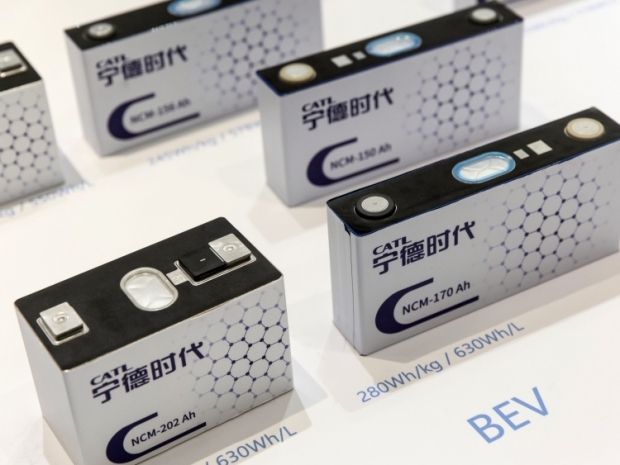This means that there has been an inflation-adjusted decline of 13 percent since 2019 and is due to the progress in battery technology over the last decade, with pack prices declining 88 percent since 2010.
Eventually large, affordable batteries will be essential to weaning the global economy off fossil fuels.
Lithium-ion batteries are currently the key enabling technology for electric vehicles. They are also needed to smooth out the intermittent power generated by windmills and solar panels.
This means that batteries are starting to need fewer mandates and subsidies. BloombergNEF estimates that battery-pack prices will fall to $100 per kWh by 2024.
BloombergNEF projects that battery pack prices will fall to $58 per kWh in 2030 and to $44 per kWh in 2035. That's roughly the level necessary for BEVs to be price-competitive with conventional cars without subsidies.
Given that electric vehicles are cheap to charge and will require less maintenance than a conventional car, they will be an increasingly compelling option over the next decade.




